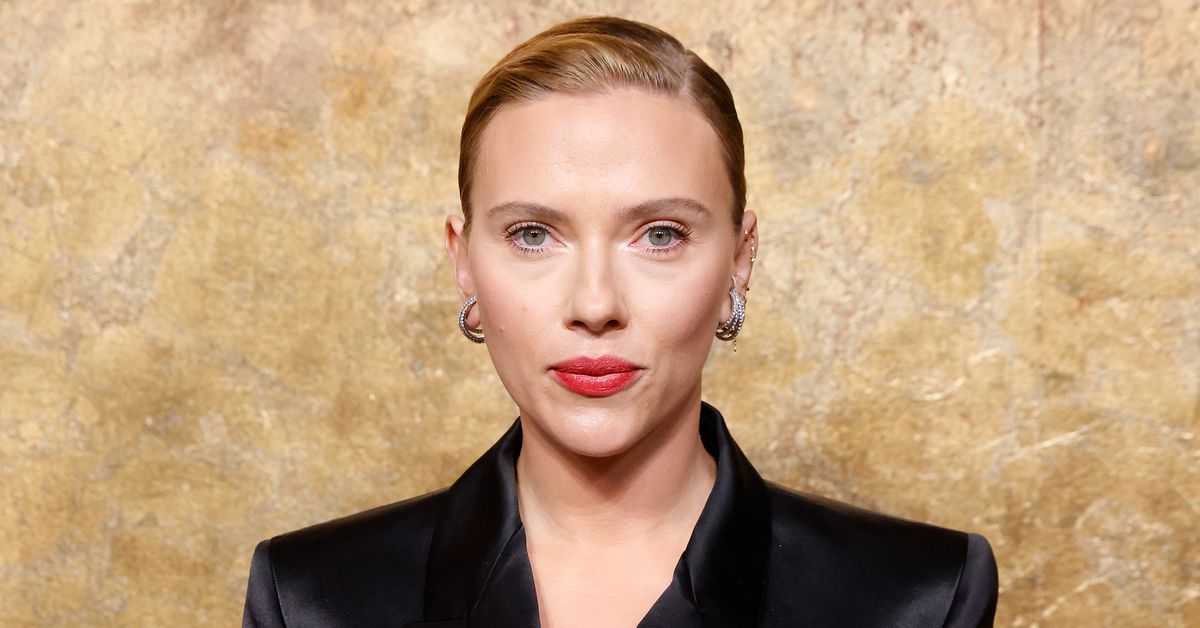
OpenAI could face legal consequences for making a ChatGPT voice that sounds a lot like Scarlett Johansson — whether the company did so intentionally or not. And the fact that OpenAI’s CEO referenced those similarities? That only makes matters worse, intellectual property lawyers tell The Verge.
“There are a few courses of actions she can take, but case law supports her position,” says Purvi Patel Albers, partner at the law firm Haynes Boone with a focus on trademarks and copyright.
After demoing updates to ChatGPT last week, OpenAI spurred commentary and headlines noting that the voice of its AI assistant — named Sky — sounded a lot like Johansson, especially her performance as an AI assistant in the movie Her.
Past celebrity likeness lawsuits “have clear implications for AI voice clones”
Albers says that Johansson and other celebrities can invoke right to publicity laws, which protect identifying features of a person from being used without their permission. “If you misappropriate someone’s name, likeness, or voice, you could be violating their right to publicity,” Albers says.
Celebrities have previously won cases over similar-sounding voices in commercials. In 1988, Bette Midler sued Ford for hiring one of her backup singers for an ad and instructing the singer to “sound as much as possible like the Bette Midler record.” Midler had refused to be in the commercial. That same year, Tom Waits sued Frito-Lay for voice misappropriation after the company’s ad agency got someone to imitate Waits for a parody of his song in a Doritos commercial. Both cases, filed in California courts, were decided in the celebrities’ favor. The wins by Midler and Waits “have clear implications for AI voice clones,” says Christian Mammen, a partner at Womble Bond Dickinson who specializes in intellectual property law.
To win in these cases, celebrities generally have to prove that their voice or other identifying features are unregistered trademarks and that, by imitating them, consumers could connect them to the product being sold, even if they’re not involved. That means identifying what is “distinctive” about her voice — something that may be easier for a celebrity who played an AI assistant in an Oscar-winning movie.
What makes things difficult is the lack of federal right to publicity laws — instead, the laws are state by state, and not all states have one on the books. Each state also designs its likeness laws differently; for example, New York recognizes every individual has the right to control the commercial use of personal characteristics like their name, picture, voice, and even their signature. This right extends to a deceased person, whose estate must give prior consent for the use of a computer-generated replica. California, where OpenAI is headquartered, does not mention using digital replicas like AI-generated voices in its law. But California protects a living person’s voice from being used in commercial activities without consent. It states that using a person’s “identity,” whether a voice, face, or name, could violate these protections.
Even though OpenAI didn’t mention Johansson, consumers pointed out the similarities
“The Ninth Circuit held that a celebrity with a distinctive voice could recover against someone who used a voice impersonator to create the impression that the celebrity had endorsed the product or was speaking in the advertisement,” Mammen says.
Johansson has not sued OpenAI, but she has lawyered up. On Monday, Johansson said that she had hired legal counsel to draft letters to OpenAI asking for an explanation about how the voice of Sky was created. Johansson said OpenAI had previously reached out to her about voicing the assistant and that she had refused the company’s request.
OpenAI says it did not intend for the Sky voice to sound like Johansson, but that doesn’t necessarily protect the company. Albers says that even though OpenAI did not explicitly mention Johansson, consumers were already pointing out the similarities. The commentary began while OpenAI’s demo of ChatGPT-4o was ongoing, and Saturday Night Live even joked about it.
Sam Altman, OpenAI’s CEO, may have complicated matters further. Altman posted the word “her” on X as the company’s event was happening last week, seemingly referencing the demo’s similarity to what was portrayed in the film. Albers says that could fuel the public’s opinion that the voice is meant to imitate Johansson.
OpenAI has pulled the voice of Sky for the time being, which could quell Johansson’s concerns. But Albers says OpenAI could further Johansson’s ire if they put the Sky voice back and it still sounds like the actor.
“The question we need to ask is why on Earth did OpenAI do this?” Albers says. “[Johansson] is a known advocate for protecting her rights, so she’s not going to shy away from going against them.”
https://www.theverge.com/2024/5/22/24162429/scarlett-johansson-openai-legal-right-to-publicity-likeness-midler-lawyers

